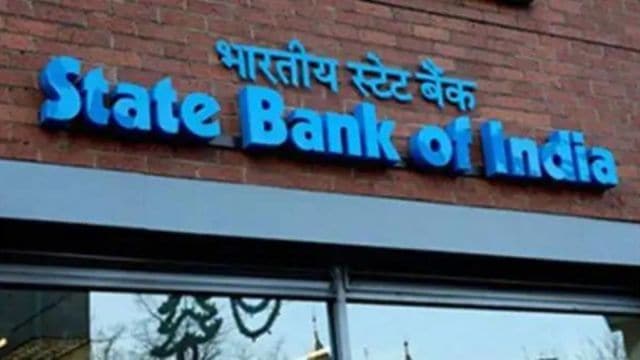- India
- International
SBI raises short-term retail fixed deposit rates by up to 75 bps
Banks increase deposit rates to meet higher demand for loans. In FY2024, SBI’s gross advances grew by 15.24 per cent and deposits by 11.13 per cent.
 SBI has raised short-term retail fixed deposit rates (File Image)
SBI has raised short-term retail fixed deposit rates (File Image)The country’s largest lender, State of India (SBI), has increased interest rates on short-term retail fixed deposits (FDs) by 25 to 75 basis points (bps) – a move which is likely to be followed by other banks.
This is the first increase in the fixed deposit rates by the bank since December 2023.
A fixed deposit is an investment instrument where an amount is deposited with banks for a set period and at a fixed rate of interest. Rates on FDs are important for people, especially senior citizens, who are looking for safe investment options.
For retail domestic term deposits (below Rs 2 crore) maturing between 46 to 179 days, the bank has revised upwards the interest rate by 75 bps to 5.5 per cent from 4.75 per cent. Senior citizens will now get an interest rate of 6 per cent, as against 5.25 per cent earlier, on the same tenor. One basis point is one-hundredth of a percentage point.
On deposits maturing between 180 to 210 days, the interest rate has been increased to 6 per cent from 5.75 per cent. The interest rate for senior citizens has been revised from 6.25 per cent to 6.5 per cent on similar maturity deposits.

The bank is now offering a rate of 6.25 per cent on deposits maturing between 211 days to one year, as compared to 6 per cent earlier. On the same tenor, the interest rate for senior citizens has been raised to 6.75 per cent from 6.5 per cent.
The bank has also hiked interest rates on domestic bulk term deposits (Rs 2 crore and above) by 10 bps to 50 bps across different maturities.
On bulk deposits maturing between 46 to 179 days, the interest rate has been increased to 6.25 per cent from 5.75 per cent. The bank has raised the rate by 20 bps to 7 per cent from 6.8 per cent in one year to less than two years bulk deposits.
Banks increase deposit rates to meet higher demand for loans. In FY2024, SBI’s gross advances grew by 15.24 per cent and deposits by 11.13 per cent. Its domestic term deposits increased by 16.38 per cent.
Last week, SBI Chairman Dinesh Khara said that the bank is expecting a credit growth of 14-16 per cent in the current fiscal, with the momentum continuing in retail and corporate loans.
“We are seeing growth (in corporate loans) coming in from conventional industries. The multiplier component of the infrastructure spending is almost four times, which actually means that once the infrastructure is given a push, it gives a significant push to all other investments,” Khara told reporters.
He sees funding demand from various sectors, including batteries, electric vehicles (EVs) and semiconductors.
Between May 2022 and February 2023, the Reserve Bank of India (RBI) hiked the repo rate – the rate at which the RBI lends money to banks to meet their short-term funding needs – by 250 bps hike. The repo rate currently stands at 6.5 per cent.
While banks have been passing on the increase in the repo rate to borrowers, they have been slow in increasing the deposit rates.
The ‘State of the Economy’ article published in the RBI’s Bulletin for April showed that in response to the 250 bps increase in policy repo rate, the external benchmark-based lending rate (EBLR) increased by a similar magnitude.
The weighted average lending rate (WALR) on fresh and outstanding rupee loans increased by 185 bps and 111 bps, respectively, during May 2022 to February 2024. In the case of deposits, the weighted average domestic term deposit rates (WADTR) on fresh and outstanding deposits increased by 241 bps and 183 bps, respectively, during the same period.
Jun 09: Latest News
- 01
- 02
- 03
- 04
- 05




























